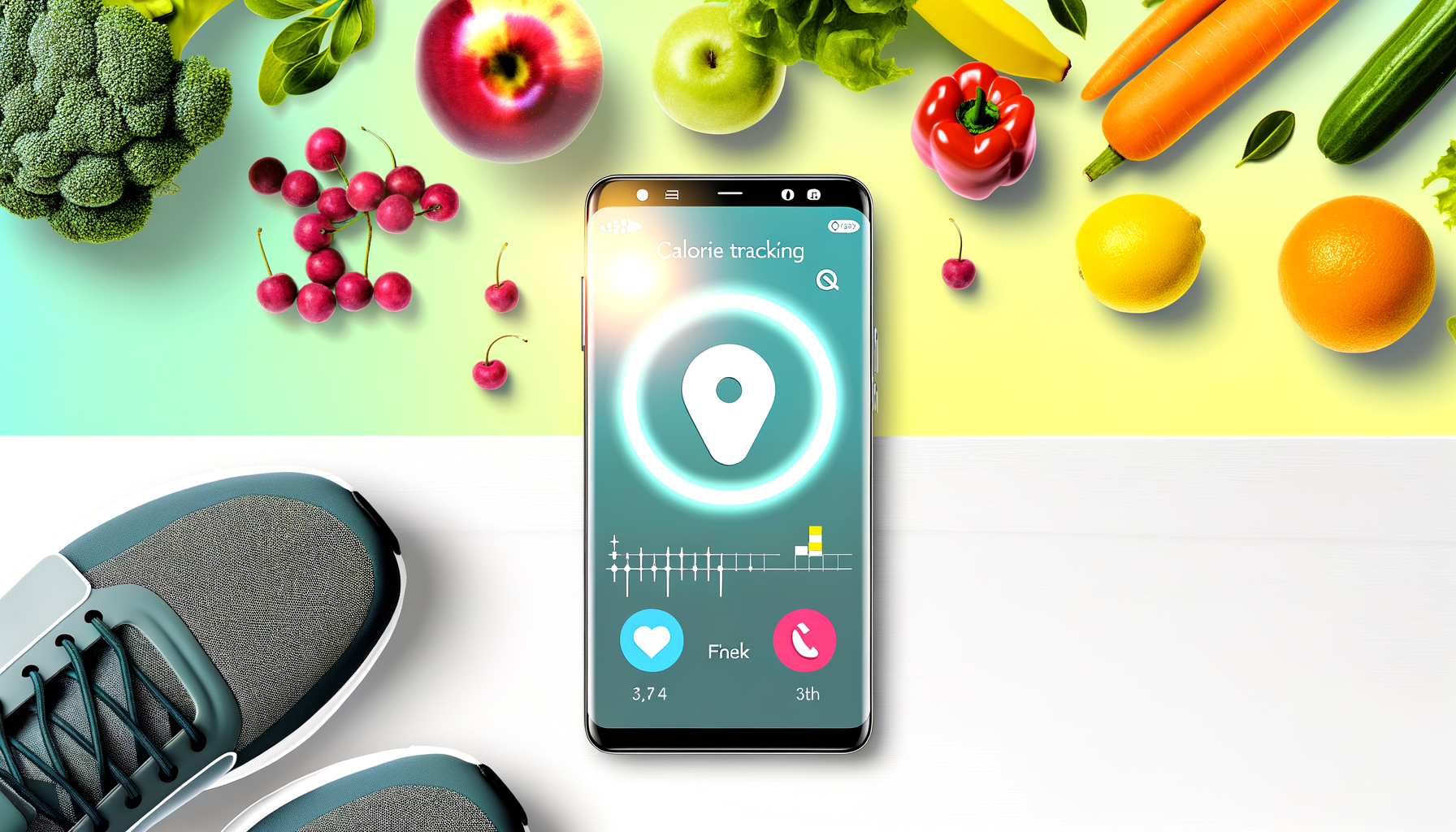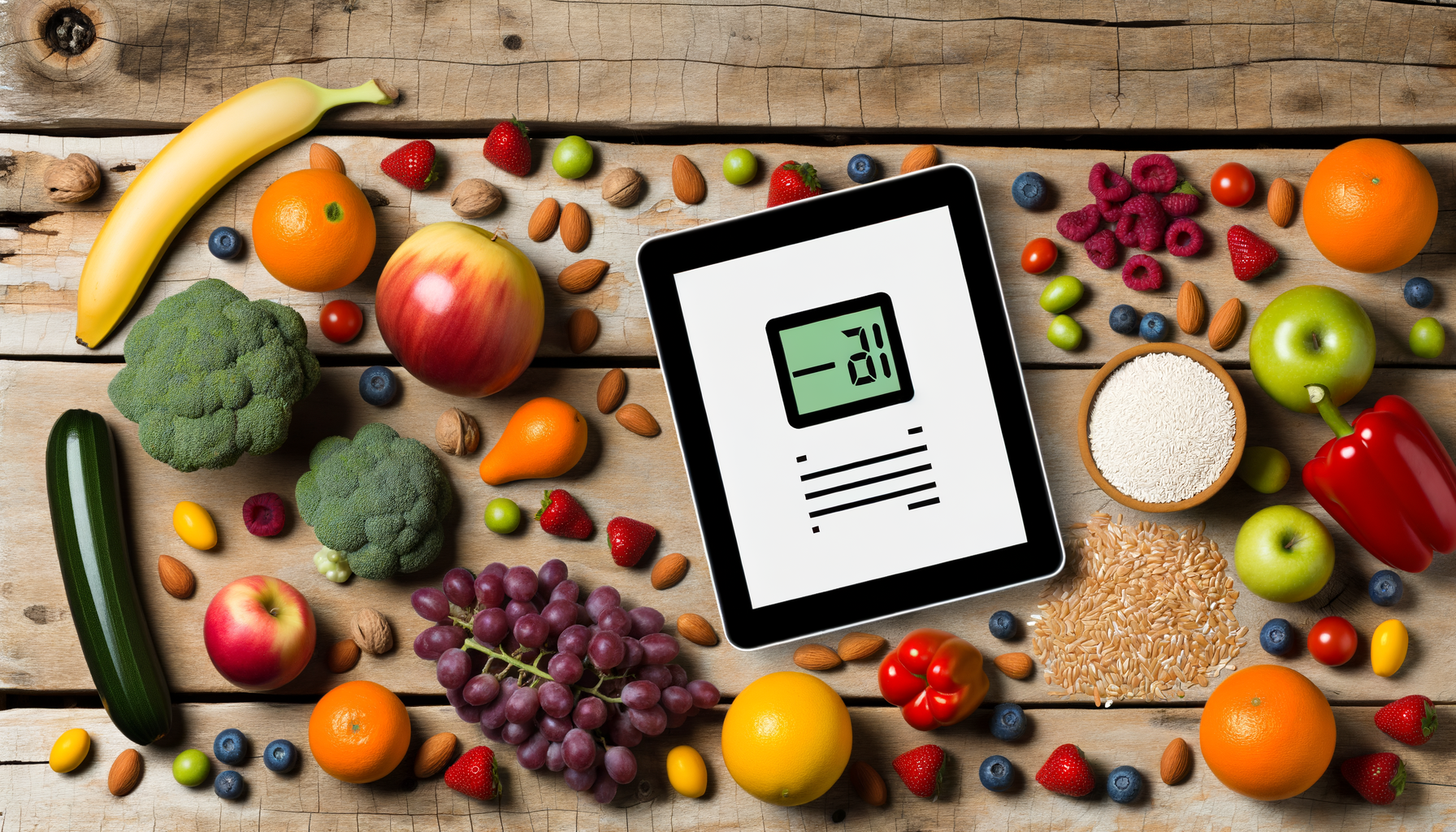Personalize Your Calorie Calculator with Different Calculation Methods
Personalizing a calorie calculator can significantly enhance its effectiveness by catering to diverse client preferences and providing customized experiences. This approach not only improves user engagement but also ensures that the nutrition advice is tailored to meet specific health goals. In the health and fitness industry, offering personalized calorie calculators can be a powerful tool for attracting visitors and generating new leads. Here, we explore the different calculation methods and how they contribute to scientific accuracy and enhanced functionality.
Understanding Calorie Calculators: A Foundation for Personalization
Calorie calculators are essential tools for individuals seeking to manage their weight or optimize their nutrition. They estimate the daily calorie intake required to maintain, lose, or gain weight based on factors like age, weight, height, and activity level. For instance, the Calorie Calculator by Calculator.net provides a basic framework for calculating these needs. However, personalization involves more than just these basic inputs.
Scientific Accuracy: The Role of Different Calculation Methods
Several scientific formulas are used to calculate basal metabolic rate (BMR), which is crucial for determining daily calorie needs. The Harris-Benedict Equation is one of the oldest methods, while the Mifflin-St. Jeor equation is considered more accurate for modern applications. The IIFYM Calorie Calculator, for example, utilizes these equations to provide precise calorie goals for users. Personalization can involve selecting the most appropriate equation based on client characteristics and goals.
Client Preferences and Customized Experiences
Personalization is not just about scientific accuracy; it also involves tailoring the experience to match client preferences. For instance, the WP Calorie Calculator offers advanced customization options, allowing users to align the calculator with their brand identity while providing accurate nutrition advice. This not only enhances user experience but also fosters brand loyalty and serves as a powerful lead generation tool. Customization can include aesthetic changes, such as design templates and color schemes, as well as the ability to set specific goals like "Gain weight fast" or "Weight loss," enhancing the calculator's utility for diverse user objectives.
Varied Approaches to Personalization
There are several approaches to personalizing calorie calculators, each with its own benefits and potential drawbacks. Here are a few methods and their applications:
- Formula and Calculation Customization: This involves using recognized formulas like the Mifflin-St. Jeor equation to calculate BMR, ensuring users receive accurate calorie intake recommendations based on their specific needs.
- Aesthetic Customization: Tailoring the visual appearance of the calculator to match a brand's identity enhances user engagement and reinforces the brand image. Tools like the Elfsight Calorie Calculator offer advanced design and size settings, along with a custom CSS editor for extensive personalization.
- Setting Specific Goals: Users can select goals such as weight loss, muscle gain, or maintenance, which allows the calculator to provide tailored advice. This is particularly useful for users with specific fitness objectives.
Real-World Examples and Case Studies
A real-world example of personalization is the Precision Nutrition Macro Calculator. This tool provides a comprehensive nutrition plan based on personal details, physical activity levels, metabolism, and goals. It not only calculates daily calories but also converts these into food portions that are visually equivalent to different parts of the hand, making it easier for users to track their nutrition without weighing or measuring food.
Another example is the WP Calorie Calculator Plans, which offer different pricing options for various customization needs. This flexibility allows businesses to tailor the calculator to their specific brand identity and user requirements, whether it's for personal trainers, fitness centers, or health blogs.
Enhancing Functionality for User Engagement
Enhanced functionality is crucial for user engagement and retention. Customizable calorie calculators can serve as more than just tools for calculating calorie intake; they can offer a personalized experience that aligns with user goals and preferences. This includes integrating features like macronutrient tracking, goal setting, and portion control, all of which can be tailored to suit different lifestyles and dietary needs.
Macro Tracking and Goal Setting
Tools like the IIFYM Calorie Calculator are designed to track macros (macronutrients) effectively. By setting specific calorie goals and tracking macronutrients, users can achieve fat loss or muscle gain more sustainably. The calculator also provides a straightforward way to adjust these goals based on progress and preferences.
Portion Control and Visual Guides
Visual guides, such as the hand portion approach used by Precision Nutrition, help users control food portions without needing to weigh or measure food. This method simplifies the process of following a nutrition plan, making it easier for users to stay consistent and meet their health goals.
Conclusion
In conclusion, personalizing calorie calculators involves not only scientific accuracy but also catering to client preferences and providing customized experiences. By incorporating different calculation methods and offering customization options, businesses can enhance user engagement and provide more effective nutrition advice. For those looking to integrate such tools into their websites, platforms like the WP Calorie Calculator offer advanced customization options to align with brand identities and user needs. Whether you are a fitness enthusiast or a business looking to generate leads in the health and fitness industry, personalizing your calorie calculator can be a key strategy for success.
To further explore how customized calorie calculators can benefit your business or fitness journey, consider checking out the WP Calorie Calculator for its advanced features and customization options. Additionally, the Precision Nutrition Macro Calculator and IIFYM Calorie Calculator provide comprehensive insights into how personalized nutrition plans can be tailored to meet specific health goals. For those interested in integrating these tools into their websites, exploring the WP Calorie Calculator Plans can help you choose the best option for your needs.
Furthermore, incorporating educational content from reputable sources like the Precision Nutrition research lab can enhance the scientific accuracy and credibility of your nutrition advice. By combining these tools with expert guidance, you can create a robust and personalized nutrition experience for your users.











